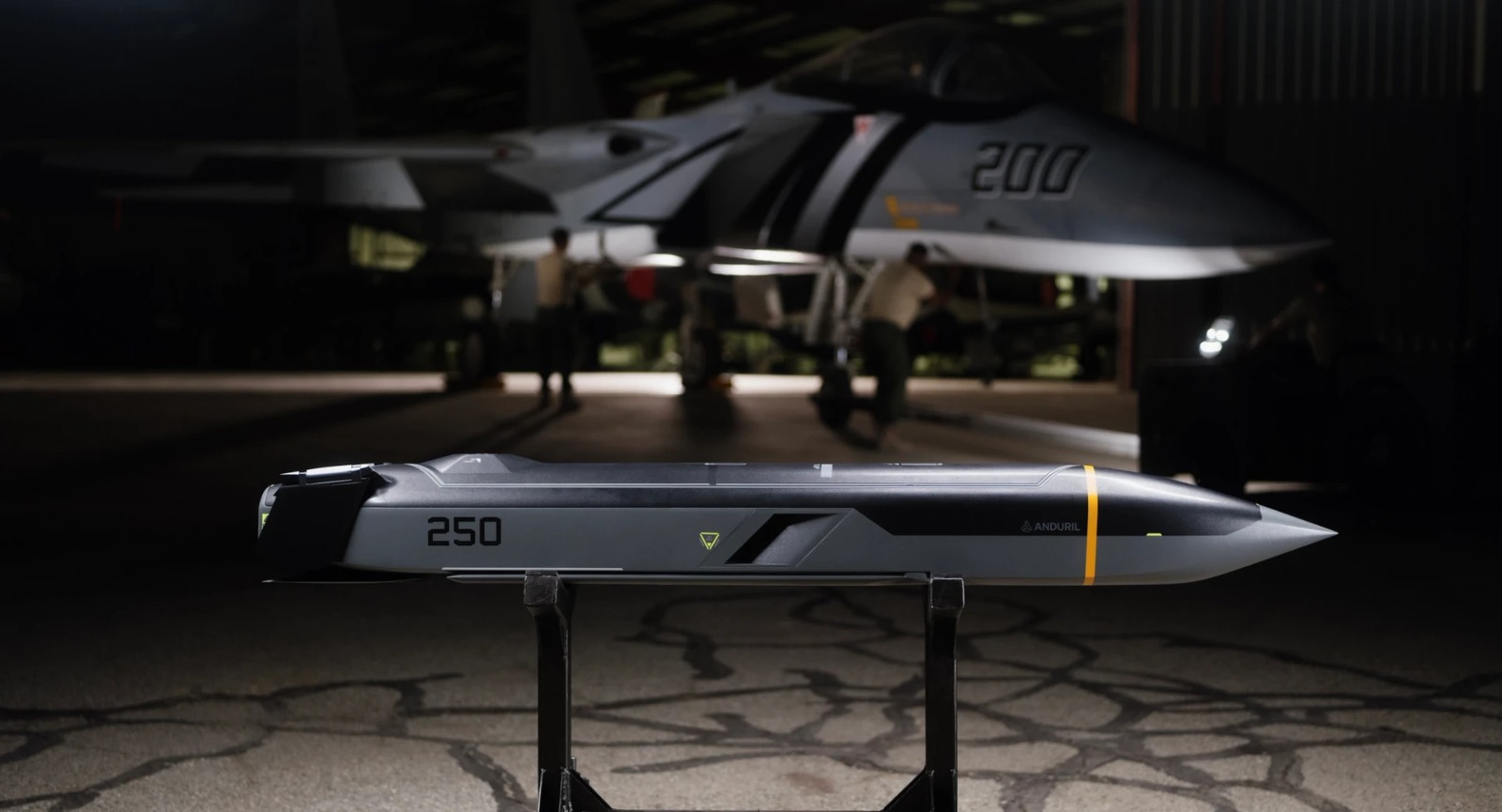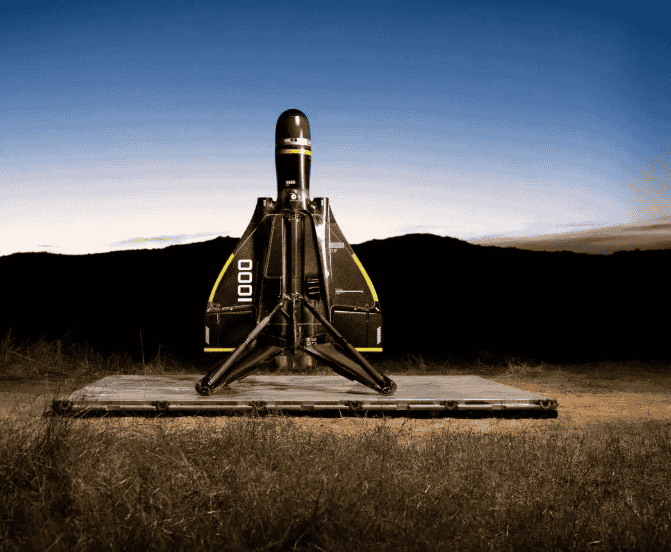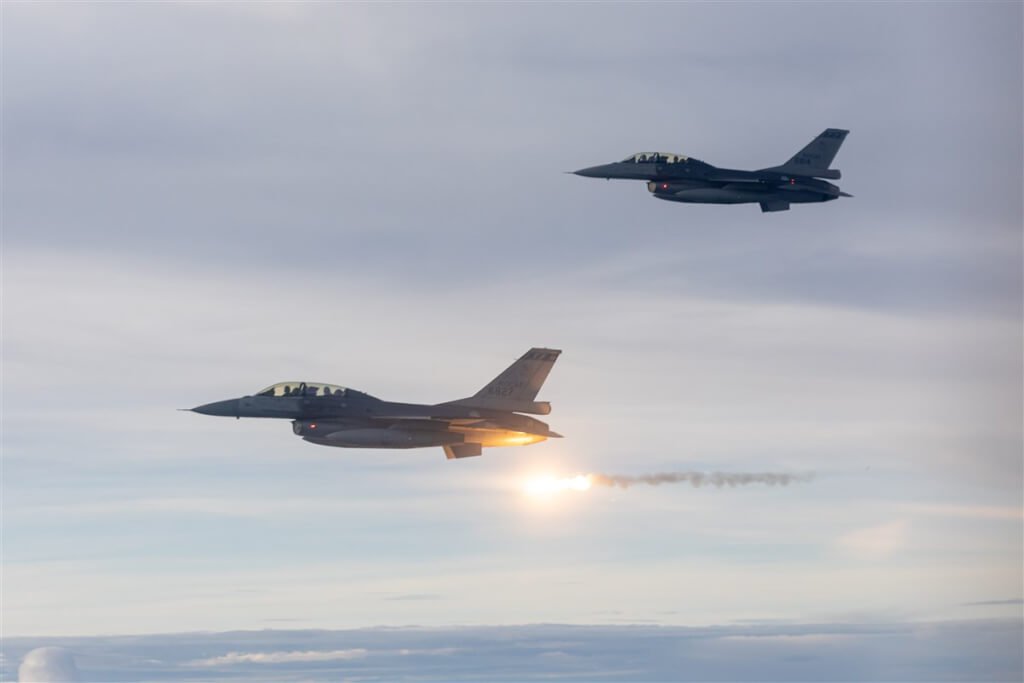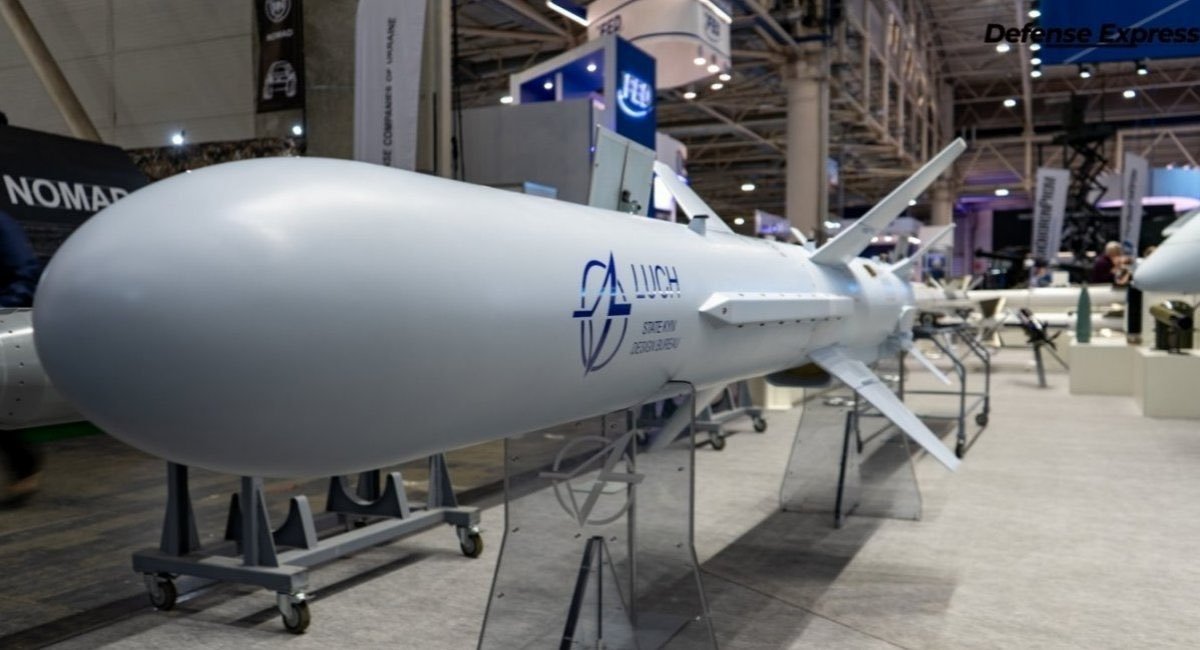Riding the bull run in the AI chip market, Nvidia became the first company in history to reach a market valuation of USD 4 trillion. The company reached this milestone on July 9, beating tech firms like Apple, Google, and Microsoft. Notably, the company went from a USD 1 trillion valuation to the USD 4 trillion mark in just about two years.
A similar disruption is underway in the lucrative US defense contractor market, which has been hitherto dominated by legacy defense companies such as Lockheed Martin, Boeing, and Northrop Grumman.
A little-known startup, established in 2017 in California, has become a major player in US defense contracts and can soon enjoy a near-monopoly in critical areas of software-driven autonomous border surveillance, AI-powered command and control systems, and unmanned underwater vehicles.
Unlike traditional defense firms, this startup leverages Silicon Valley’s agile, software-driven approach, combining artificial intelligence (AI), autonomy, and machine learning (ML) to deliver innovative defense solutions.
Yes, we’re talking about Anduril, a defense startup that defines ‘transforming defense capabilities with advanced technology’ as its mission statement.
The defense startup’s revenue skyrocketed from a modest USD 60 million in 2020 to an impressive USD 1 billion in 2024, increasing more than 16 times in just four years. Similarly, its valuation rose from USD 8.5 billion in 2022 to USD 30.5 billion in 2025.
Anduril credits its software-driven approach for its runaway success, which, in its own words, is in stark contrast to the approach of legacy defense firms, focusing more on hardware development.

“The next generation of military technology will depend less on advances in shipbuilding and aircraft design than on advances in software engineering and computing. Unlike traditional defense contractors who focus primarily on hardware, Anduril’s core system is Lattice OS, an autonomous sense-making and command & control platform that serves as the core platform for our suite of capabilities.”
The company offers a range of AI and ML-driven defense platforms, including AI-enabled drones, counter-drone warfare solutions, AI-enabled command and control software, Autonomous Air Vehicles, Autonomous Underwater Vehicles, and rocket motors.
However, an emerging field where the company can earn billions and enjoy a near-monopoly is AI-driven border surveillance.
Trump’s Big Beautiful Gift To Anduril: Monopoly In Border Surveillance?
Anduril Industries could become a major beneficiary of the One Big Beautiful Act, which includes a section that essentially grants the defense firm a near-monopoly on new surveillance towers for the U.S. Customs and Border Protection (CBP) force.
Trump signed the bill into law on July 4. The bill provides a significant defense spending increase for the US, including over US$6 billion for various border security technologies.
A major component of this would involve installing sensor-laden surveillance cameras along the US-Mexico border, where computers can assist in detecting and apprehending migrants autonomously without human supervision.
Notably, Anduril, today a major US defense contractor, received its first break in the defense sector by selling software-augmented surveillance towers to the US CBP. Anduril sold its Sentry towers, which are driven by AI-enabled sensors that utilize machine learning to scan the borders 24/7 for potential infiltrators without requiring any human supervision.
Today, Anduril dominates this critical technology. Now, Trump’s big beautiful bill could enshrine this Anduril dominance into a monopoly, protected by law.
Buried in the hundreds of pages of the Big Beautiful Bill is a provision that stipulates that the US$6 billion border tech funds could not be spent on towers unless they’ve been “tested and accepted by U.S. Customs and Border Protection to deliver autonomous capabilities,” the Intercept reported.

Furthermore, the Bill defines ‘autonomous’ as “a system designed to apply artificial intelligence, machine learning, computer vision, or other algorithms to accurately detect, identify, classify, and track items of interest in real time such that the system can make operational adjustments without the active engagement of personnel or continuous human command or control.”
According to experts, currently, Anduril is the only company whose border surveillance towers meet all these requirements, essentially granting the defense startup a monopoly in this lucrative market.
A CBP spokesperson told The Intercept that, under the new law, Anduril is now the country’s only approved vendor for border towers.
Dave Maass, investigations director at the Electronic Frontier Foundation, told the media outlet, “I was cynically expecting Trump’s bill to quadruple-down on wasteful surveillance technology at the border, but I was not expecting language that appears to grant an exclusive license to Anduril to install AI-powered towers.”
However, this is not the only domain where Anduril seems to have benefited from the policies of the Trump administration.
Anduril, Trump, And Defense Contracts
The bill also includes other provisions that could benefit Anduril.
A section in the bill sets aside US$1.3 billion “for expansion of unmanned underwater vehicle production.”
Notably, Anduril offers a suite of autonomous underwater vehicles, such as Copperhead, Dive-LD, and Dive-XL.
Further, the bill sets aside billions for drone and counter-drone warfare, areas where Anduril’s autonomous and AI-enabled UAS have established themselves. In fact, Anduril’s autonomous drones have established a niche for themselves even in the Ukraine War.

The UK is supplying Anduril’s advanced attack drones to Ukraine as part of a deal to bolster its defense capabilities against Russian aggression. This includes the Altius 600M and 700M loitering munitions, designed for reconnaissance and precision strikes.
While Aundrill has benefited from future-oriented defense platforms, it might have also benefited from particularly friendly relationships with the Trump administration. In fact, there is a troubling pattern of close relationships between Anduril’s founder, its former employees, and the Trump administration.
Trae Stephens, Anduril’s co-founder and executive chairman, served on Trump’s transition team in 2016. Michael Obadal, Trump’s nominee for Under Secretary of the Army, worked at Anduril until June.
Anduril founder Palmer Luckey is also a longtime supporter of Trump and has hosted multiple fundraising events for the President.
Whether Anduril has benefited from its close relationships with the Trump administration is a debate for another day. However, no one can deny that the eight-year-old startup has achieved what is considered a rarity in the US: breaking into the highly lucrative but fiercely competitive market for US government defense contracts.
- Sumit Ahlawat has over a decade of experience in news media. He has worked with Press Trust of India, Times Now, Zee News, Economic Times, and Microsoft News. He holds a Master’s Degree in International Media and Modern History from the University of Sheffield, UK.
- VIEWS PERSONAL OF THE AUTHOR.
- He can be reached at ahlawat.sumit85 (at) gmail.com






